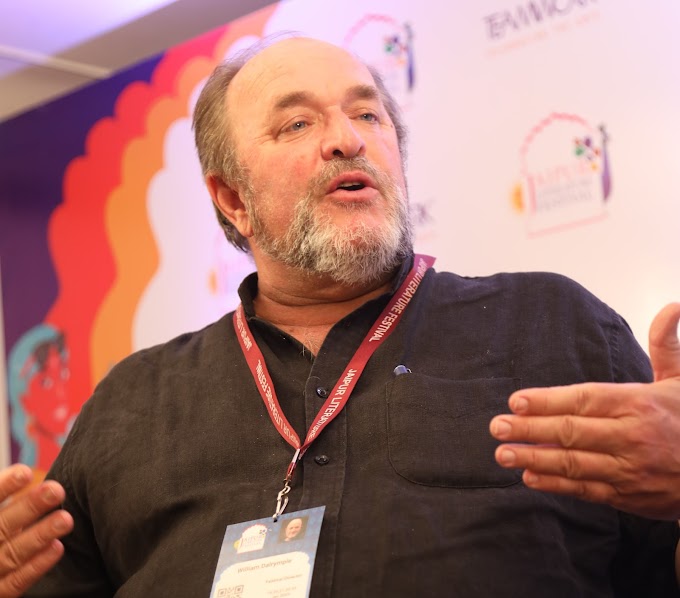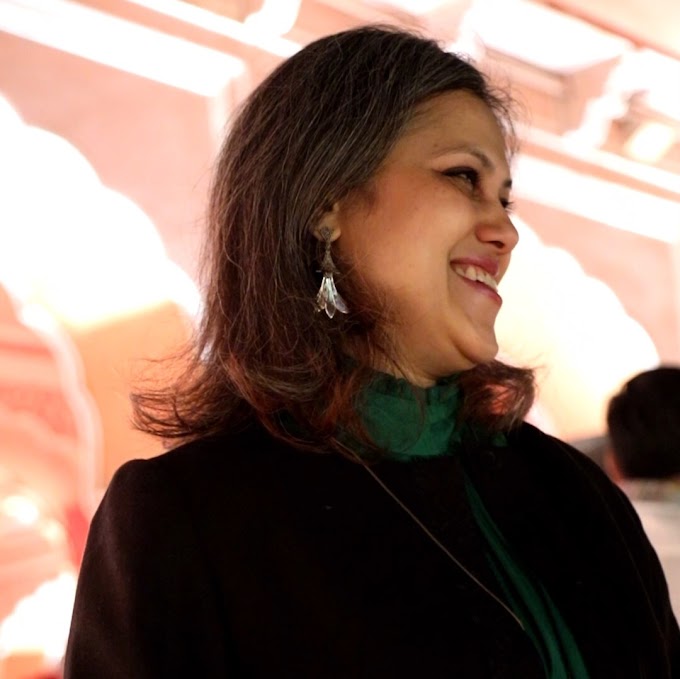He had initially thought of writing as a divine gift, an inspiration that flowed like a river, a force that could not be controlled or harnessed. But as he gained maturity, he realised that writing was much like sculpting ~ a craft that required patience, dedication, and an unwavering commitment to the art. It was through the works of other writers that he found inspiration, marvelling at the prose styles that could transport him to far-off lands and bring characters to life. The way the words flowed across the page, the vivid images they conjured, and the emotions they evoked ~ it was a form of magic that he longed to master.
And so, he began reading ~ moulding and shaping his words until they flowed like a symphony, each note in perfect harmony with the next. With each passing day, he grew more confident, his voice becoming stronger, more distinctive. He was daring to share his explosive findings with the world. Writing became his passion, he realised that it was not just a craft ~ it was a way of life. It was a journey of self-discovery, a path that continues to lead him to breathtaking vistas, both within and outside of himself.
“It's a matter of chipping away and chipping away and chipping away until it's perfect, just like a sculptor starts with a block of stone, and slowly reduces it to the perfect sculpture. So with the writer, you start with a rough draft, and it can be a horrible one when you begin. It can be very challenging when you start a new book. But then you just go at it, and you edit it and then re-edit, and edit it again. And it gets from bad to okay to good. And finally, if you really keep at it for months, you end up with something gorgeous. That was a big surprise to me when I really began to learn how to write myself and talk to other writers,” says noted author and historian William Dalrymple.
He notes that there is a huge cultural churn going on in India about history but is quick to add that it's not unique to India, there are many countries, for example, Israel and Palestine, where we have two different sets of people that have two completely different understandings of their histories.
“In India, this is going on between the Right and the Left. And there's obviously a big pushback. The government in power has a particular view of history. This is very different from the Nehruvian view of history. My view of this is that it's absolutely fine for historians to re-examine history. And new perspectives are welcome but they have to be based on primary sources, they must be carefully studied, judiciously interpreted. A historian is like a judge at a trial. A man once pronounced guilty can be pronounced innocent or vice versa later on in a retrial. And I think it's the same with historians. When new evidence appears, one should be open to reinvestigating the past. But it can't just be political opinion, nationalistic muscle flexing, or religious bigotry that drives the re-examination of history. It has got to be based on fact and it should be a fair interpretation of sorts,” contends Dalrymple, who is also one of the co-founders and co-directors of the annual Jaipur Literature Festival.
He reminds us that we can never entirely escape the set of prejudices which we grew up with, preconceptions of our upbringing and education but we must try as far as possible.
“And if you're writing about a particular person in history, and you find a bit of evidence that may make that character appear as a hero but at the same time there may be others who put him in a negative light. I have no problem with it in the sense that it's not a bad thing,” maintains Dalrymple, whose books have won numerous awards and prizes, including the Wolfson Prize for History, the Duff Cooper Memorial Prize, the Hemingway, the Kapuściński, the Arthur Ross Medal of the US Council on Foreign Relations, the Thomas Cook Travel Book Award and the Sunday Times Young British Writer of the Year Award.
History is now receiving more attention than it has done in India for a long time and he thinks it's fair to say that India was taught history in a very boring manner. It was partly because, according to him, there was a lot of emphasis here on Marxist history, which doesn't mean just that it was left leaning, it was also very firmly focused on economic and social forces.
He doesn't like the notion of political interference in a historians' jobs.
“I think historians should be free to practise their craft and find the truth. People can reject or like it. But the idea that some historians are silenced, while other historians are given state patronage, whichever side that may be, seems disturbing to me. Historians should be supported. They also should be able to, if they're good historians, be able to write to support themselves. I've never taken state patronage or money from the government. Occasionally in my youth, I won prizes from the Scottish Arts Council. But that was about all,” shares Dalrymple, who was awarded the President's Medal of the British Academy in 2018.
On the one hand, he is gratified by the interest and appreciation of his readers and listeners. On the other hand, he is keenly aware that his work is not about him; it is about the past, and the lessons it can teach us about the present and the future.
“I'm a writer and a historian. In the course of selling my books, I will do interviews or podcasts. But historians are not rockstars, they're not film stars. I mean, it's very nice if people are interested in us. You appear on television and it's nice that people will recognize you in the street and say they like your work. But that's secondary, the work is important and that is what should matter. The actual work of a historian is quite a lonely grind. I'm very happy to sit in archives, and to read books all day, and to write them. But I'm not someone who requires an office for the people around me to chat with my mates at lunchtime. So I'm really very happy getting on with my work. My life is really quite what you'd expect a writer’s life to be like, sitting and sitting there and writing.”
When he speaks, his voice is measured and thoughtful, his words chosen with care, as he points to the biggest problem as a writer ~ trying to make ends meet.
“Writing is one of the least lucrative ways of making a living. And I was lucky that all my books have all been bestsellers. That said, though, they take five years to write, so when you divide by five, the income that comes is very minimal to make a living. And so I have a few other ways. I've been lucky, I've always been able to pay my bills, but it's not the same for every writer. Making your ends meet as a writer is the biggest challenge. And that is the main problem for most writers, to be able to produce credible work, you need to give a lot of time. And it doesn't make your ends meet in most cases,” he quips.
He says there are various things one can write about but choosing one’s subject wisely is important.
“You've got to look into that list and find that somewhere there is something that people are going to want to read. Now, it may be that you are passionate about the chocolate makers of New York in the 18th century but at some point, you have to say that you are going to spend three years researching it and then you have to ask yourself if anyone is going to read it,” he shares.






